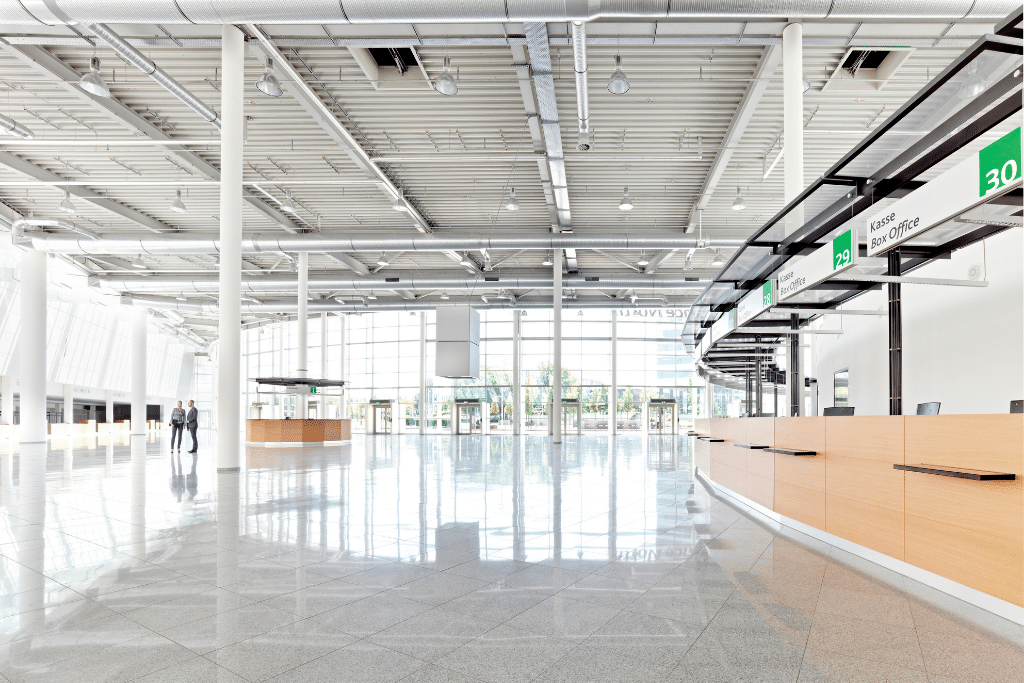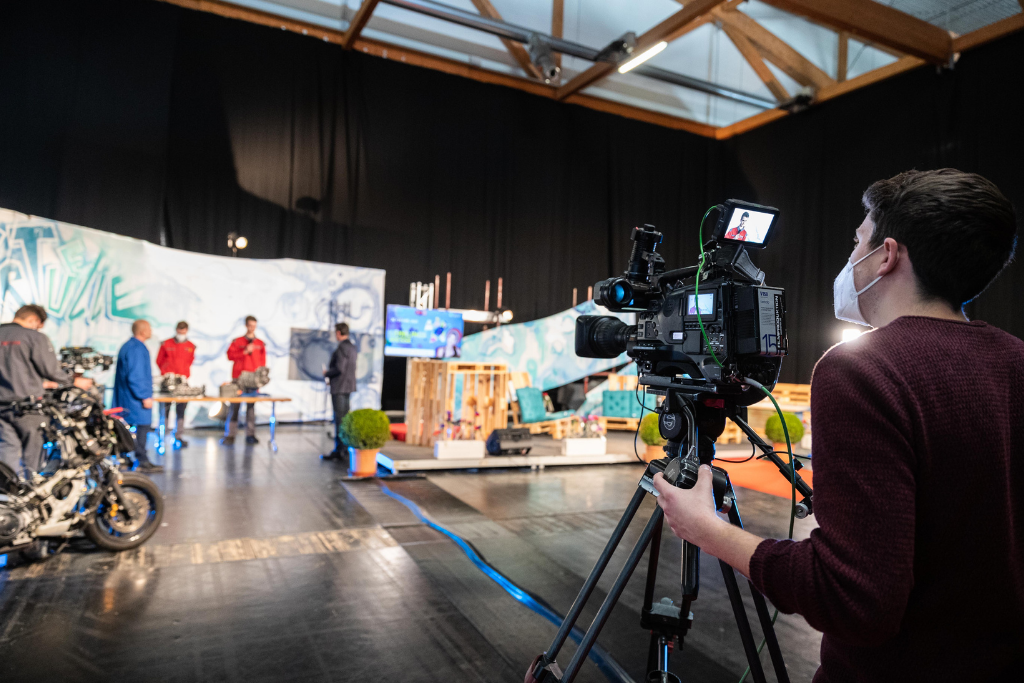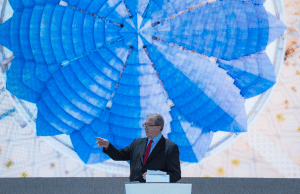The latest research by Livecom Alliance is, in my opinion, the most in-depth strategic research showcasing the future of the meetings industry. Among other findings, the research has shown that a whopping 49,1 per cent of congress organisers have successfully digitalised. On the other hand, only 19,3 per cent of trade fair organisers have been able to do so. Furthermore, trade fair organisers that organised digital events in 2020 created only 9,9% of the income compared to the pre-corona year of 2019 (78,5% were created by live trade fairs, and 11,6% by hybrid trade shows). Only one out of every five trade fairs took place online in its entirety.
The research has further shown that the exhibition industry was affected the most out of all sectors of the meetings industry in Europe. It recorded a 75,3% per cent fallout of income, the most among all sectors of the meetings industry.
There are numerous reasons why, and for better understanding, we must first differentiate between a general trade fair intended for the general public and an expert B2B trade show. The latter has adapted well to the new reality, and many of the most renowned trade shows now take place in the hybrid form successfully. That is truly hard to achieve for classic trade fairs.

The analysis of the state is undoubtedly correct. However, as for the past year and a half, I failed to find any suggestions and solutions on how to move forward in the article. These are even rarer than rain in the desert. Moreover, I did not notice any opinions from “experts”, who do not belong to the generation of baby boomers or generation X.
My epiphany occurred outside the comfort zone of research, strategic studies and journalistic articles. Completely by chance, I bought a hedge trimmer online. I arranged to pick up the product in person in the brand new super centre of the online shop in Ljubljana. Upon entering the centre, I had a familiar deja vu similar to entering a trade show. Various providers with their showrooms, impeccable lighting, and addressing one’s senses with the aesthetic presentation. The cool atmosphere made me feel what I had felt at trade shows before the crisis. The only noticeable difference was the lack of people, which considering the corona situation, suited me. They could have easily convinced me into buying a new grill, a new plasma TV and a new headphone set – everything, which I in reality do not need. I spent over an hour at the “trade fair” of the online store. The kind staff helped me by offering kind advice. I paid no fee to enter, and I remained surprised as to what had happened. I had just visited a modern-day trade show, which I was lured into visiting about a week ago when the problem with the hedge trimmer occurred. A world-class digital experience brought me straight to their salon or their new age exhibition ground in the middle of Ljubljana’s BTC.

After pondering upon the topic, the whole story finally came together. Without digitalisation, trade shows simply will not survive. We can continue convincing ourselves that digital meetings are not the same as those in person. Nonetheless, digital reality will sooner or later catch up to us, and we cannot shy away from it. It is imperative that the owners of exhibition grounds and trade fair infrastructure become aware of this as soon as possible. If not, it might be too late, and everyone will find themselves with a headache.
Livecom Alliance delves into the importance of digital competencies in the future. Digital competencies, creativity and work time management will be the most important according to respondents.
Even more interesting are the answers regarding trends that will mark the future. The respondents ranked them as follows:
– 3.97 digitalisation
– 3.92 hybrid/online
– 3.88 medical questions (rapid tests, COVID certificates)
– 3.87 sustainable development
– 3.81 new work culture
– 3.74 development of new business models
– 3.66 security questions
– 3.22 social distance
– 3.20 individualisation/personalisation
INSTEAD OF A CONCLUSION
It is evident that the current trade show model, which sells square metres of surface, faces a dire situation. We can continue comforting ourselves that live events are irreplaceable; however, it goes without saying that the entire industry can expect great changes. When it comes to trade shows, I personally believe in hybrid solutions. The example of the online store should sober us. Moreover, it should join us in the belief that we have to offer our trade show content anywhere and anytime throughout the year via all communication channels where our community can be found.
Above all, I am afraid that without a robust community of followers or even fans, trade shows will not survive. The bigger your fan base, the easier you will organise your next trade show. Communities are not interested in the number of square metres you offer, but in what content and experience you can offer them. Altogether, this opens up new opportunities for the monetisation of trade show events.
The first indicators of what is written above have already appeared. I believe that the entire industry will come out of the crisis stronger and better.
Written by Gorazd Čad














